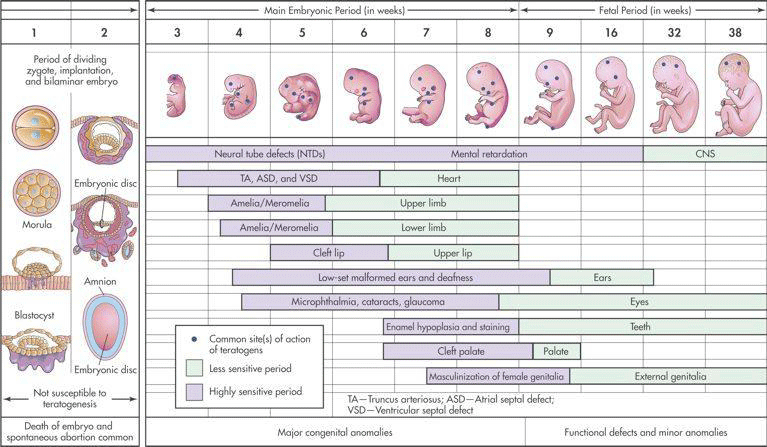What is FASD?
Fetal Alcohol Spectrum Disorder (FASD) is an umbrella term used to describe the range of disabilities and diagnoses that result from drinking alcohol during pregnancy. The impact and effects of FASD vary.
Specific birth defects and the degree of the disability can depend on how much alcohol was drunk, how often and when during the pregnancy; they can also depend on the state of health of the pregnant woman. No amount or type of alcohol during pregnancy has been confirmed safe.
When medically diagnosed, people who fall under the umbrella term FASD are diagnosed with one of the following:
- Fetal Alcohol Syndrome (FAS)
- Partial FAS (pFAS) Alcohol Related Neurodevelopmental Disorder (ARND)
- Alcohol Related Birth Defects (ARBD)
- partial Fetal Alcohol Syndrome (pFAS)?
FASD used to be referred to as Fetal Alcohol Syndrome or Fetal Alcohol Effects (FAS/FAE) in older literature. The most conservative numbers estimate that over 3,000 babies a year are born with FASD. More recently, research by May et al (2009) suggest that the number of people with FASD could be as high as 2-5% of children in school in the U.S.
Research suggests that there is greater prevalence in rural communities, child welfare systems, justice systems and Aboriginal populations. Stigma experienced by women who consumed alcohol during pregnancy have made getting support, diagnoses or assessments more challenging.
The high prevalence in Aboriginal populations is a symptom of historical and multigenerational trauma (e.g. residential schools) and, in some communities, an interest in understanding the scope/magnitude of FASD diagnoses in their area. A large number of pregnancies in Canada are unplanned, meaning that a large number of women in the early stages of their pregnancies - not knowing they are pregnant - may use alcohol and unknowingly cause damage.
If you suspect that a family member may have FASD, talk to your doctor about having him/her diagnosed. An early diagnosis can lead to interventions which will minimize the impact of FASD. There is no current research that clearly links alcohol consumption by the biological father of a person (with FASD) to FASD. However, it is important for any partner of a woman who is pregnant to consider their role and how it will affect her health and the anticipated health of the fetus. Partners are often encouraged (and are other household members) to abstain from drinking alcohol with a pregnant woman, as a form of support.
Click for Fetal Chart:















